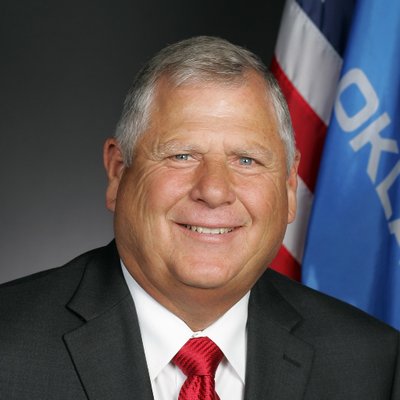
A year after the historic February winter storm Uri of 2021, at least one bill was introduced to ensure that utilities in the state are prepared in the future and avoid any loss of natural gas to supply heat to thousands of homes and businesses across the state. It would also restrict the fuel cost charges they pass along to consumers.
Sen. Mark Allen of Spiro introduced Senate Bill 1239, a one-page effort to put some cost pass-along restrictions on utilities but also require them to make necessary preparations in the event of winter storms and to avoid the loss of natural gas.

His measure would direct such firms to “follow weather systems for the purpose of winter storm prediction.”
” In the event of a predicted winter storm, the utility entity shall ensure that the generator is cycling properly and that the fuel source is thawed and winterized, and place the generator online at least five (5) days prior to the predicted arrival of the winter storm, notwithstanding whether the storm occurs,” stated the measure.

Further, under Allen’s bill, utilities would not be allowed to “charge utility customers for more than the costs incurred by the utility entity for the contracted price of fuel.”
His bill, if approved by the legislature and signed into law would take effect Nov. 1, 2022.
The issue of utilities passing along more than their direct fuel costs has been a thorn of contention as OG&E, ONG, PSO and other firms have gone to the Oklahoma Corporation Commission with their billions of dollars in storm costs. They have sought the ability to use ratepayer-backed bonds issued through the Oklahoma Development Finance Authority to pass along storm costs to consumers over 20 to nearly 30-year periods.
The Oklahoma Supreme Court is the site of a battle against OG&E and the ODFA using such financial structuring to pass along nearly $1 billion in costs. But some of the costs include hundreds of millions of dollars in financing, not just direct storm expenses.






